Chagos Islands: UK should pay reparations, says Human Rights Watch
- Published
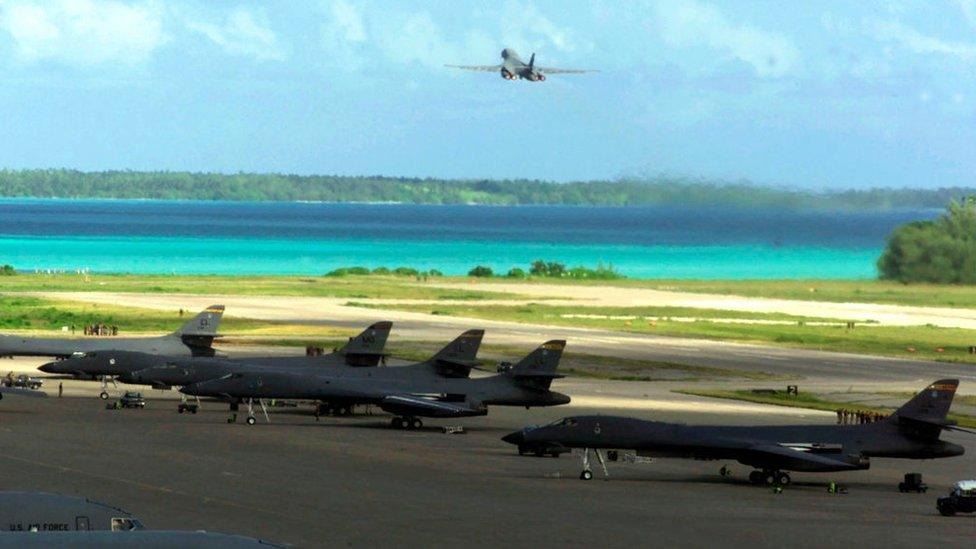
Chagossians were evicted from the Islands to make way for a US airbase on the British territory
The UK is committing crimes against humanity after removing people from the Chagos Islands, a British territory in the Indian Ocean, a rights group said.
Human Rights Watch called for Britain to pay reparations to Chagossians and allow them to return to the islands, from which more than 1,000 people were forced to leave in the 1960s and 1970s.
The group accused the UK of "committing an appalling colonial crime".
The Foreign Office said it rejected this characterisation.
After a military base leased to the United States was established in 1966 on Diego Garcia, the largest of the 60 small islands of the Chagos Archipelago, the indigenous inhabitants were evicted from their homes. Chagossians have fought for their return ever since.
On Wednesday, Human Rights Watch - an international group investigating abuses across the world - published a report calling for the UK and US to provide reparations to Chagossian people.
The group identified three "crimes against humanity", including continued force displacement of Chagossian people, prevention of their return home and persecution of them on the grounds of race and ethnicity.
Its senior legal adviser Clive Baldwin said: "The UK is today committing an appalling colonial crime, treating all Chagossians as a people without rights.
"The UK and the US, who together expelled the Chagossians from their homes, should provide full reparations for the harm they have caused."
Crimes against humanity are acts committed as part of a widespread or systematic attack directed against any civilian population, according to the 1998 Rome Statute which established the International Criminal Court.
Human Rights Watch also recommended King Charles issue a full and unreserved apology for crimes committed against by Chagossians by the UK.
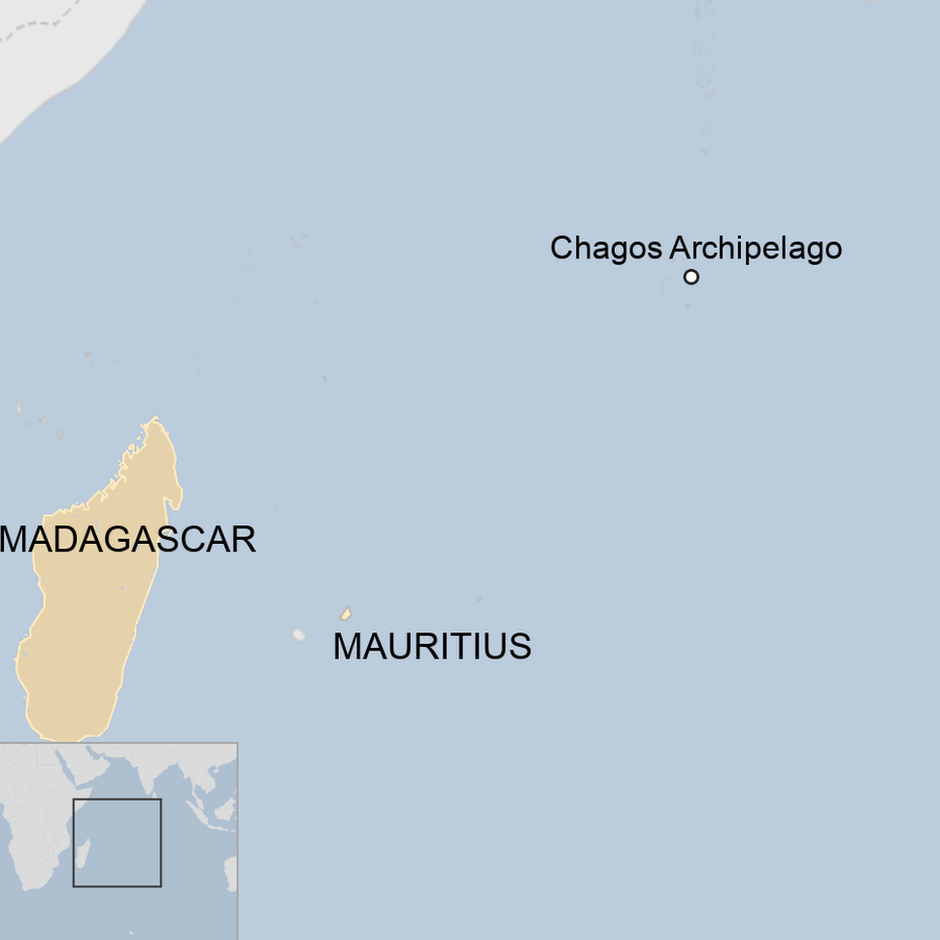
A Foreign Office spokesperson said: "We respect the work Human Rights Watch does around the world, but we categorically reject this characterisation of events.
"The UK has made clear its deep regret about the manner in which Chagossians were removed from BIOT [British Indian Ocean Territory] in the late 1960s and early 1970s.
"We remain committed to supporting Chagossians including through a significant support package and our new British citizenship route for Chagossians launched last November."
The US government said it was "aware of the report from Human Rights Watch concerning the treatment of Chagossians in the 1960s and 1970s".
A spokesperson said: "The United States remains steadfast in its respect for and promotion of human rights and fundamental freedoms of individuals around the world and acknowledges the challenges faced by Chagossian communities. The manner in which Chagossians were removed is regrettable.
"And we welcome the advocacy of Human Rights Watch to promote respect for human rights globally."
The Human Rights Watch report comes as Britain is facing growing international condemnation for holding on to what it calls the British Indian Ocean Territory, with the International Court of Justice - the United Nation's highest court - ruling that the continuing British occupation of the archipelago is illegal.
The UN General Assembly has also voted, overwhelmingly, in favour of the islands being returned to Mauritius.
Mauritius claims it was forced to give up the islands in 1965 in exchange for independence, which it gained in 1968. Britain had already entered into secret talks with the US to lease Diego Garcia to Washington as a military base.
The Foreign Office insists the base helps people in Britain and around the world stay safe by helping to combat threats like terrorism and piracy.
But with all but a handful of nations backing Mauritius's claim, in November the UK agreed to open negotiations with the nation over the future of the Chagos Islands.
Mauritius insists the US can continue to keep its base on Diego Garcia, and that it will commit to resettling "any individuals of Chagossian origin" on their home islands.
Most of the population of the Chagos Islands was sent to Mauritius, 1,000 miles to the south, without compensation. Some moved to the Seychelles and to Britain, where many now live Crawley, West Sussex.

FROM SELFIE TO SPROGLET: The deviously difficult dead word quiz
'I'M NOT SOME PETTY BILLIONAIRE': Bill Gates talks to Amol Rajan about wealth, conspiracies and controversy

Related topics
- Published3 November 2022
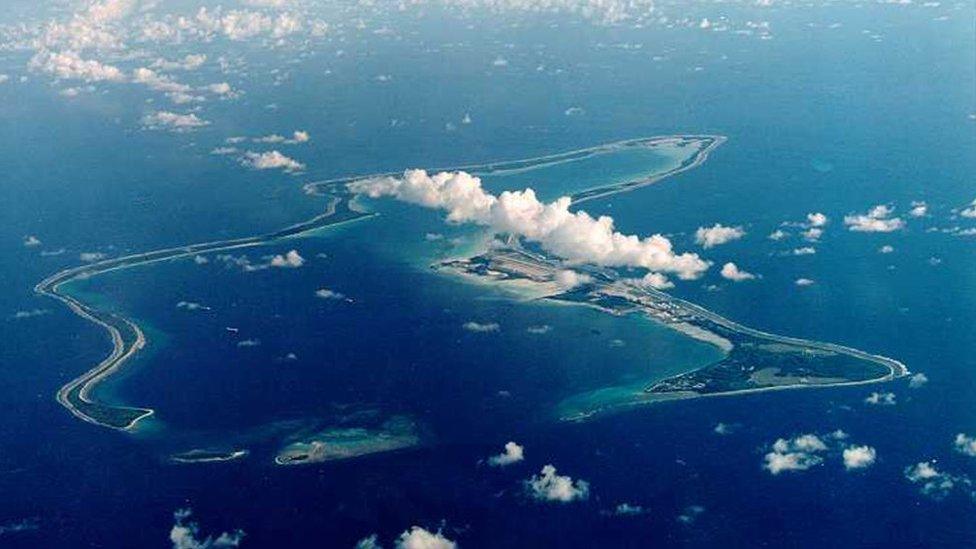
- Published14 February 2022
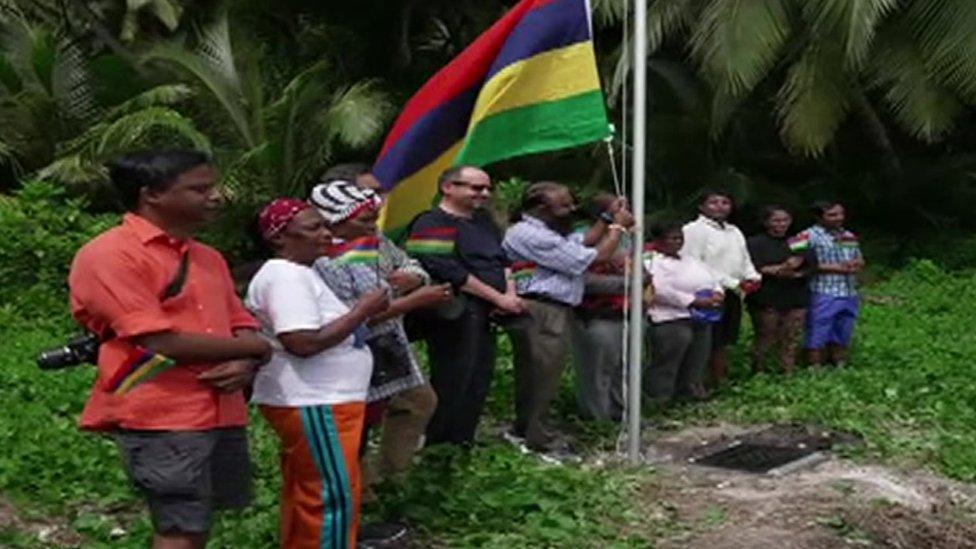
- Published12 February 2022
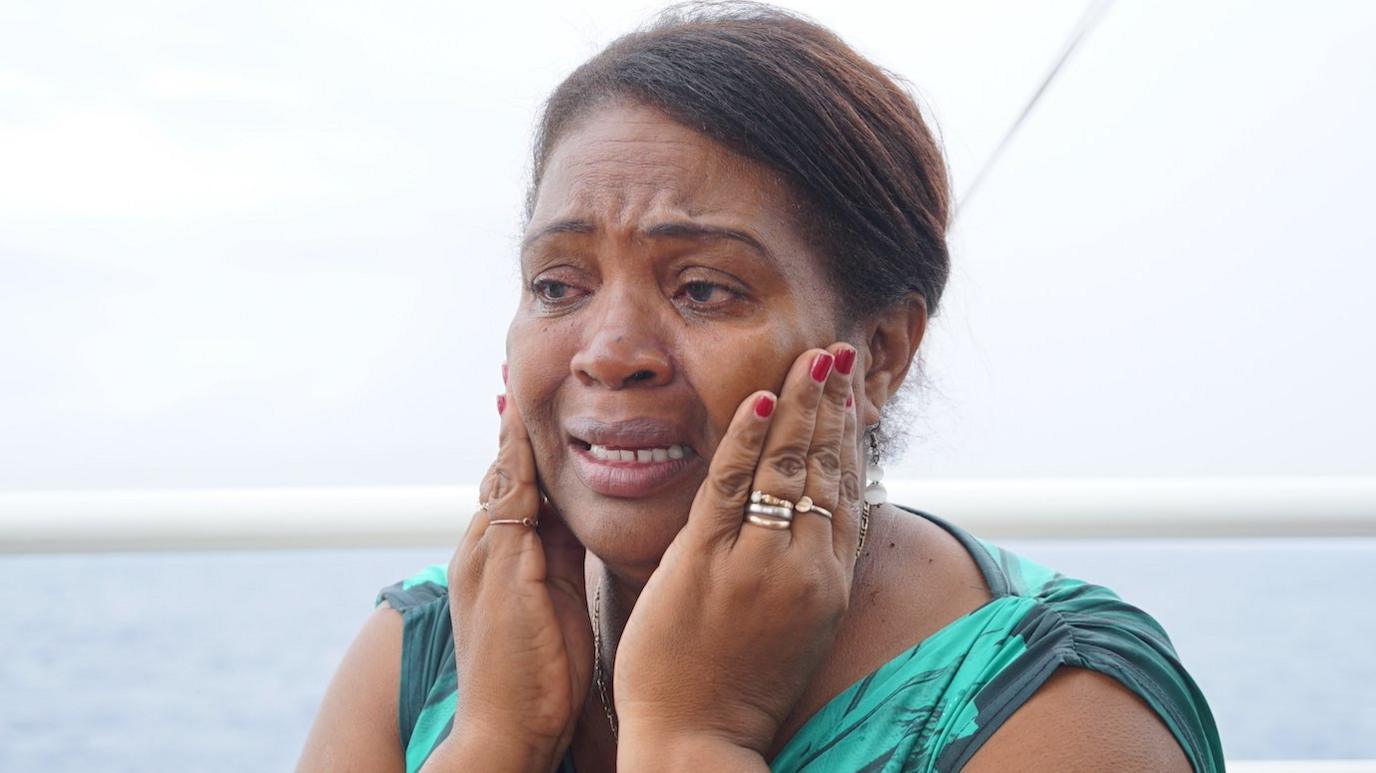
- Published28 January 2021
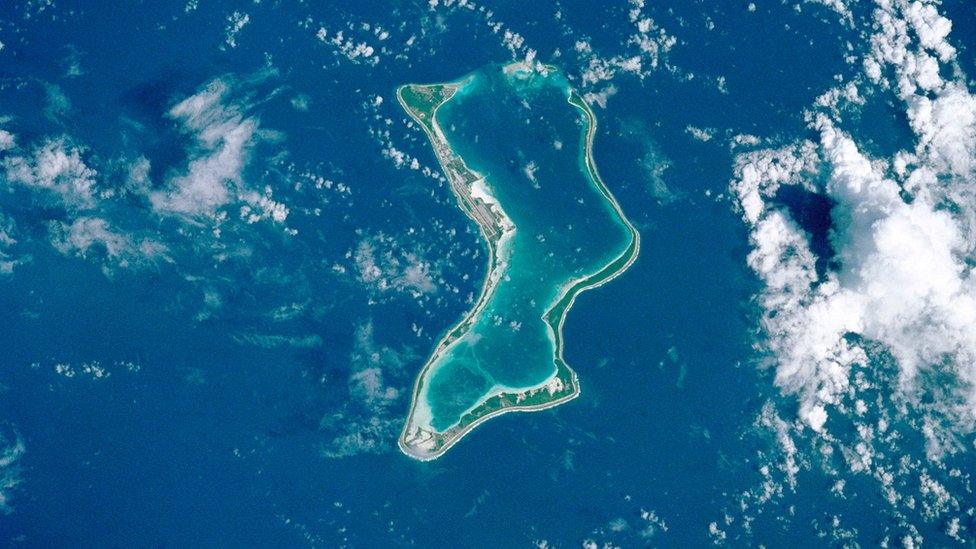
- Published25 February 2019
